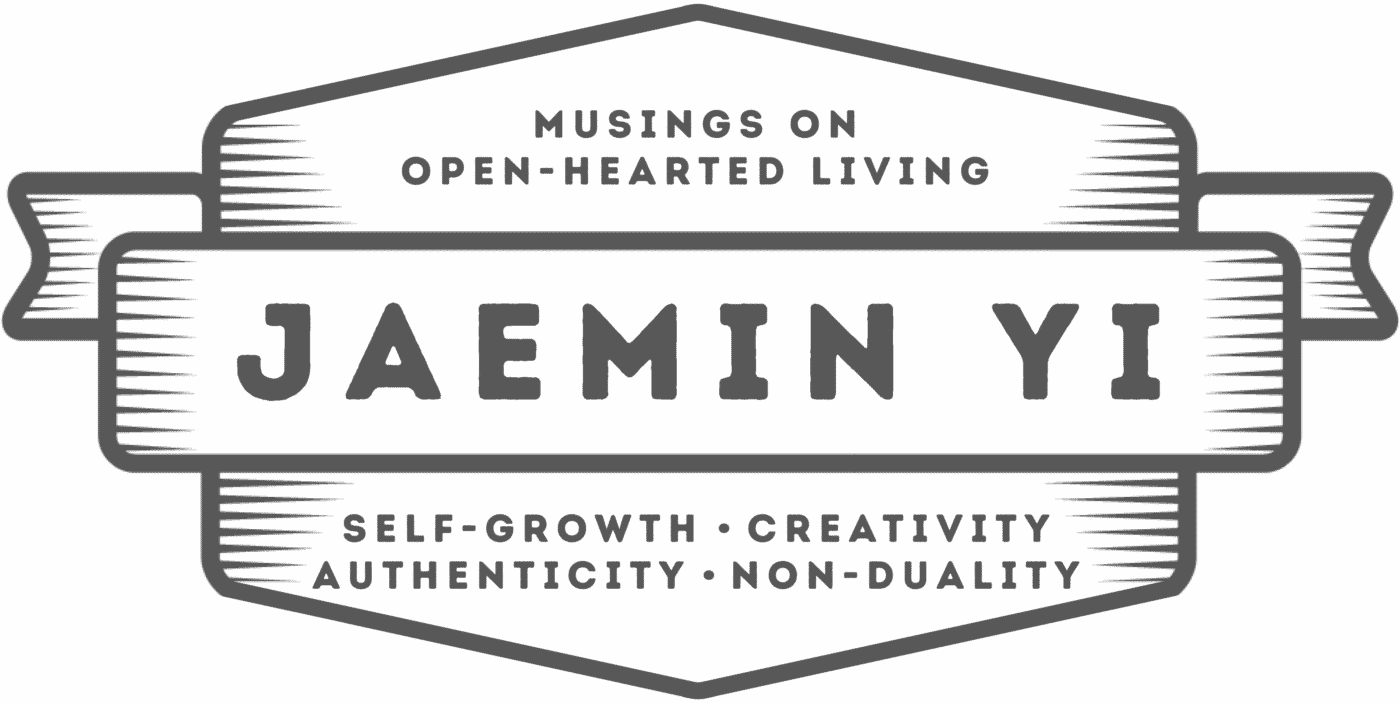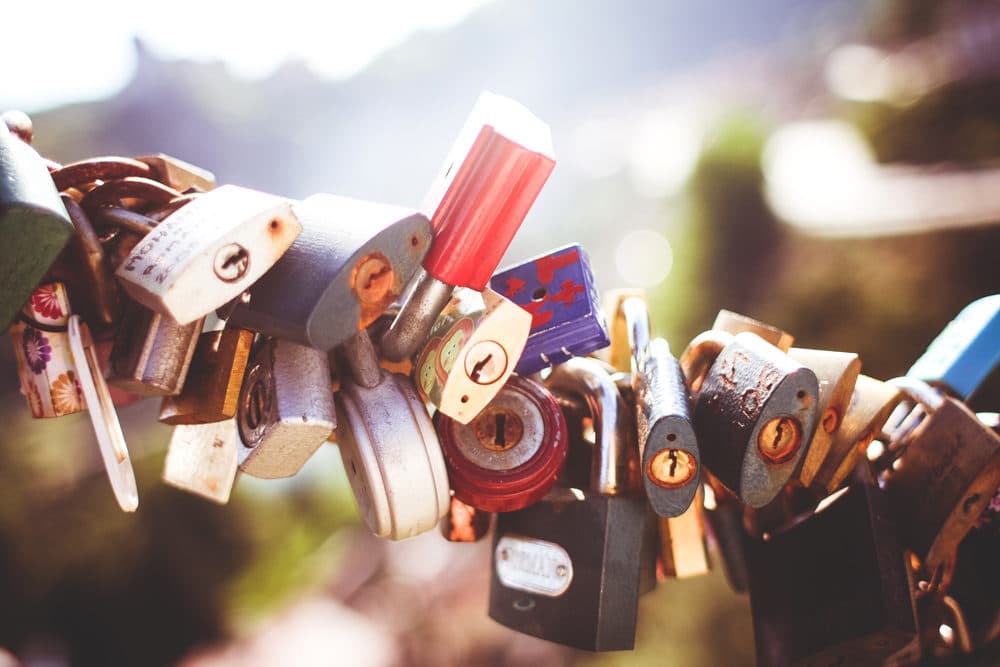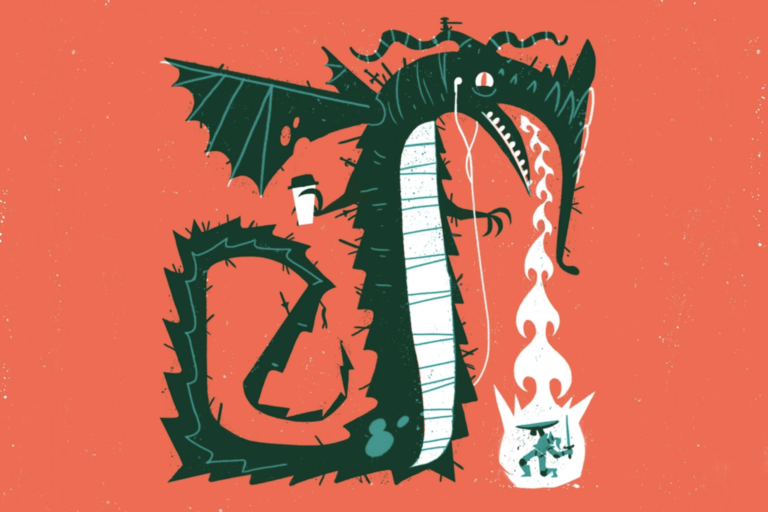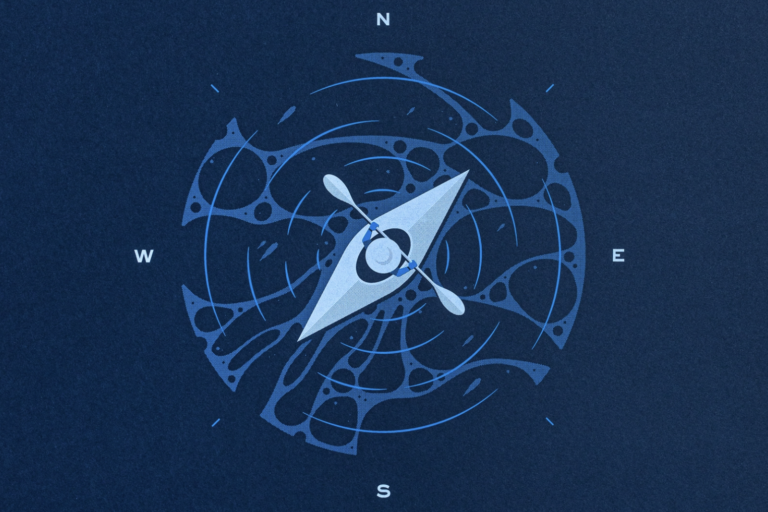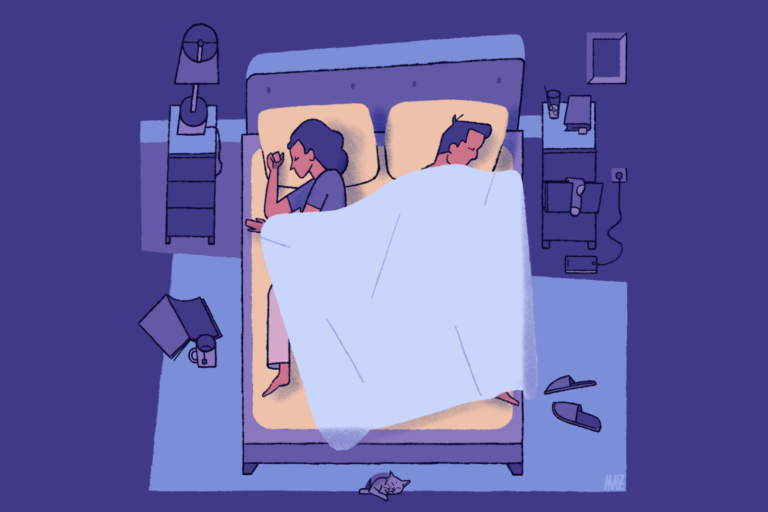My entire life, I was convinced that there was something wrong with me. That I was broken.
That I was unable to love.
Relationship after relationship, I struggled to reciprocate the affection of my partners.
It seemed the more they opened up to me, the more it shut me down. The more they moved towards me, the more I pulled away.
Where my heart was supposed to be, I just felt a cold numbness.
I looked around and it felt like everyone else was falling in love with ease. Opening their hearts. Living out their fairy-tale romances.
But try as I might, that realm seemed locked off to me. Nope, I was broken. Fucked up. Alone. And there was nothing I could do about it.
Until I came across the concept that changed everything.
At the time, I was exploring Orgasmic Meditation (mostly in an attempt to figure out these issues) when I started reading Neil Strauss’ latest book. Yes, that Neil Strauss. The guy who wrote about pick up artists.
Surprisingly, The Truth is actually a book I’d recommend to everyone. It pretends to be a salacious tell-all about one man’s exploration of polyamory, swinging, and sex communes…but that’s all just a smokescreen.
The book is actually about a man diving DEEP into his psychological issues and traumas, healing them with intense psychotherapy. It’s surprisingly honest, intimate, and VULNERABLE. Shockingly so.
And in his journey, a pivotal moment comes when his therapist teaches him about attachment theory…which blows his entire world open.
As it blew mine.
Basically, the theory is that we all have a relationship attachment style, and there are three main types:
- Secure Attachment
- Anxious Attachment (Love Addict)
- Avoidant Attachment (Love Avoidant)*
*For ease of understanding, I prefer to use the terms “Love Addict/Avoidant” when explaining this. It’s simpler and easier to remember. But the more accurate terms are Anxious/Avoidant Attachment, as this is more about attachment rather than “love”.
If you have Secure Attachment, then you’re one of those lucky ducks who’s able to healthily interact with others and meet their needs without trampling all over your own.
But unfortunately, most of us fall into either the Love Addict or Love Avoidant categories.
Love Addicts are those who compulsively find themselves pushing towards the other in relationship. And Love Avoidants, unsurprisingly, are those who are always pulling away.
(These roles are not set in stone. You may find yourself playing different roles in different relationships1, but most of us tend to gravitate more towards one end of the spectrum than the other.)
Love Addicts often feel as if they’re not enough for their partners, get so wrapped up in relationships that they lose sight of their own needs, can be emotionally intense, or need constant reassurance.
Love Avoidants avoid letting anyone get too close and sucking the life out of them. They’ll often get into relationships thinking they want connection, but once there, will use distancing techniques such as putting up walls or feeling superior to avoid intimacy.
Sound familiar? It sure did to me.
As I was reading about Love Avoidance, it felt like someone was personally describing my entire relationship history. I couldn’t believe it.
But there was more.
Turns out, you don’t become a Love Addict/Avoidant out of complete randomness. It’s not just arbitrarily assigned to you, like the Hogwarts Sorting Cap (“Harry, you’re a…Love Addict!”).
No, here’s the kicker.
Your attachment style comes from the kind of parenting you received from your opposite-sex parent growing up (or same-sex parent if you’re gay).
So the patterns that have driven your every relationship, made you feel crazy, made you wonder what was wrong with you – mostly came from how one parent raised you.
You know what that means? Yup, say it with me now…
For Love Addicts, they usually had a parent who wasn’t able to provide adequate care, or who wasn’t fully there physically or emotionally. They often felt unimportant to or unwanted by their parent.
So they grew up feeling like love was something they had to chase. They had to pursue it, grab it, and hold onto it…because it was never around.
Now us Love Avoidants had the opposite case: we had a parent who was TOO close. Who tried to get their needs met through us – for example, trying to live through our accomplishments, being overcontrolling or overbearing, or burdening us for emotional support. We often felt smothered by or sorry for our parent.
So growing up, love felt like this heavy, suffocating thing that would drain us. And it became ingrained in us that anytime someone moved towards us, we had to pull away. To survive.
This absolutely blew my mind when I first read this.
I felt relief flood my entire system. The relief of recognition. Of a lifetime of confusion turning into clarity.
Each word on the page described all my relationship issues to a T – and then went on to perfectly describe my entire childhood upbringing. I recognized myself in both descriptions SO exactly, it took my breath away.
This issue that I’d been struggling all my life, which I thought was MY issue and mine alone…was actually a thing? With a name?
There are tons of other people who have this problem too??
And wait…THERE’S A REASONABLE, LOGICAL EXPLANATION FOR HOW I ENDED UP LIKE THIS??”
*Brain short-circuits*
This opened up a whole new perspective from which I could understand my relationships, both past and present. Not just my behavior, but explaining my partners behaviors as well (Love Addicts and Love Avoidants usually attract one another, go figure).
It’s been invaluable to explain to people I’m dating. So we can both be more aware of the invisible patterns that guide us in relationship. And to help us communicate openly whenever those issues arise.
It’s helped me understand my parents better and let go of any blame I was harboring against them. Because their actions derived from their childhood upbringings as well. We were all in the same boat.
And it’s finally allowed me to start the journey of healing.
Once I realized that these issues were part of a very common pattern, one that millions of people shared, with a perfectly logical explanation for how they came to be – there finally was a way out.
By reading books on the topic, working with a therapist, and becoming ever more aware of my relationship patterns – things have started to shift.
And slowly, but steadily, that “cold heart” of mine has begun to melt away.
I’ve still got a ways to go. But the healing has it’s own momentum now and there’s no stopping it. Each day brings with it more love, joy, and freedom then the day before.
But most importantly, I no longer believe I’m broken.
Most of us are on the Love Addict/Avoidant spectrum to one degree or another. In a weird way, it’s more normal than not.
It’s not uncommon. It’s not our fault. It’s not set in stone.
In fact, it’s just another part of who I am. It’s shaped my life in countless ways. For good, bad, and everything in-between.
And by understanding this part of me, I’m learning to understand myself.
By embracing my inner Love Avoidant, I’m learning to embrace myself.
To give myself the kind of love and care I wasn’t fully able to receive as a child.
But am ready to receive – and give – now.
If you recognize some of these patterns in yourself or a romantic partner, I highly recommend you learn more:
- This Neil Strauss interview gives a great, quick rundown of attachment theory.
- Attached is a popular book that’s a great overview and introduction to the subject.
- For Love Addicts (Anxious Attachment) who want to dive deeper, these books came highly recommended: Facing Love Addiction and Insecure in Love.
- For Love Avoidants (Avoidant Attachment), I’ve heard great things about Avoidant: How to Love (or Leave) a Dismissive Partner.
But as I’ve preached before, you’ll make the fastest progress working with a kickass therapist. Here’s a guide I wrote on How To Find an Awesome Therapist (in 8 Easy Steps). Make sure to ask if they have experience working with attachment issues.
Also keep in mind that no theory is all encompassing. Each of us are complex, unique beings that may or may not fit neatly into different frameworks. Keep in mind that this is just a framework. It may be helpful if it resonates, but if not, don’t sweat it.
Good luck! Feel free to email if you have any questions. You’re most definitely not alone.
